Our dietitians separate fact from fiction
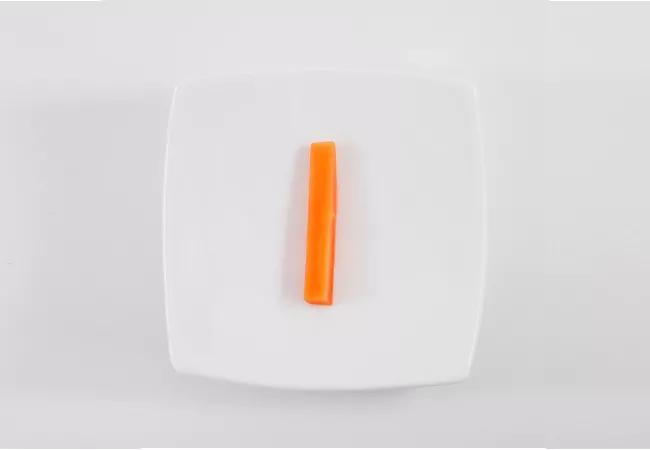
Are you trying to lose weight but not getting anywhere? It may be because you’re buying into common misconceptions about weight loss. Here, six dietitians weigh in on the worst myths about weight loss and the truth behind them:
Advertisement
Cleveland Clinic is a non-profit academic medical center. Advertising on our site helps support our mission. We do not endorse non-Cleveland Clinic products or services. Policy
Fact: You can’t ditch carbohydrates if you hope to eat a healthy diet. The 2015 Dietary Guidelines for Americans recommend three eating patterns: the healthy U.S. style, the healthy Mediterranean style and the healthy vegetarian style.
“Carbohydrate-rich foods, such as vegetables (including beans and peas), fruits and whole grains, are the foundation of each of these healthy eating patterns,” notes Andrea Dunn, RD, LD, CDE. “And remember that fiber is a carbohydrate. If you avoid carbs, your fiber intake will plummet.”
Fact: What you eat does matter. Counting calories encourages you to obsess about quantity over quality. Eventually, the quality of your diet will suffer, and so will your health, says Kristin Kirkpatrick, MS, RD, LD.
“The key is to stay within an appropriate range of calories for the amount of fuel you’re burning,” she says. “But you also need to stick to a nutrient-dense diet that won’t make your insulin and blood sugar cry out for help.” Foods that keep blood sugar stable help you feel satisfied and discourage binge-eating.
Fact: You may think that losing weight means skipping meals and snacks, and feeling hungry all day. But that just leads to irritability, frustration and, ultimately, going off your diet and quickly regaining weight.
Advertisement
“The first rule of dieting is: No skipping meals!” says Anna Taylor, MS, RD, LD. “This just makes your body try to hold onto fuel more efficiently by slowing down your metabolism, and often triggers overeating (typically the wrong foods) later in the day.”
Instead, eat a healthy snack or mini-meal every three to four hours during the day, she suggests. Focus on lean protein and produce (1 ounce of nuts, Greek yogurt with berries, carrots with hummus). “If these don’t appeal to you, then you’re not really hungry,” she says. “You’re just craving a treat.”
Keep hunger at bay to set yourself up for long-term success. You’ll be in a better mood, too.
Fact: Avoiding fat doesn’t lead to weight loss. In fact, it often leads to weight gain. The latest research finds that foods containing healthy fat don’t make you fat — they can actually speed up your metabolism and help you shed pounds.
People who cut fats from their diet tend to replace those calories with added sugar and refined grains. “These hijack your metabolism, drive inflammation, spike insulin and pack on the belly fat,” says Brigid Titgemeier, MS, RDN, LD.
“This leads to a vicious cycle of more sugar cravings and loss of willpower. Your taste buds crave what you feed them, and sugar is extremely addictive.”
Eat healthy fats (avocadoes, extra virgin olive oil, ground flax seeds, hemp seeds, walnuts, wild salmon) to lose weight, feel satisfied after eating and lower your inflammation levels, she advises.
Fact: “I hear this a lot, especially from adolescents,” says Jennifer Willoughby, RD, CSP, LD. “In reality, many commercial gluten-free items are higher in calories and carbs, and can lead to weight gain over time.”
Gluten-free foods are often lower in fiber, too, which leaves you feeling less satisfied and can lead to more overeating.
Gluten-free diets are medically necessary for anyone with celiac disease and can lead to weight loss if done properly, using whole, non-processed foods. “However, they should not be used as a weight-loss strategy,” she says.
Fact: If you think that healthy foods taste bland and that highly processed, sugary and fatty foods taste good, then your taste buds may need a tune-up.
“Many people who believe healthy foods don’t taste good don’t know how to prepare them to enhance their natural flavor,” says Julia Zumpano, RD, LD.
Added sugars, artificial sweeteners and man-made fats can hijack your taste buds. Once you start eating more natural foods, your taste buds come to appreciate the subtle sweetness of berries and the tartness of cherries, cranberries and citrus. You’ll love the way garlic, onions, peppers (hot, mild and sweet), turmeric, ginger and nut- or seed-based oils (peanut, sesame, almond, flaxseed, pumpkin seed) enhance flavor.
Advertisement
Learn how to get the most from these natural flavors when preparing meals, and you’ll give your taste buds the treat they deserve.
Advertisement
Learn more about our editorial process.
Advertisement
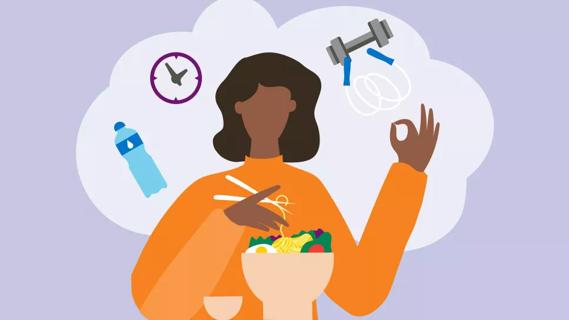
Actively choose healthy habits not only when it comes to food and nutrition, but also physical activity and your mental health
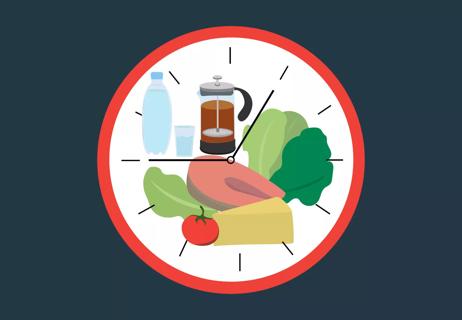
Trying fad diets and skipping meals won’t do you any favors
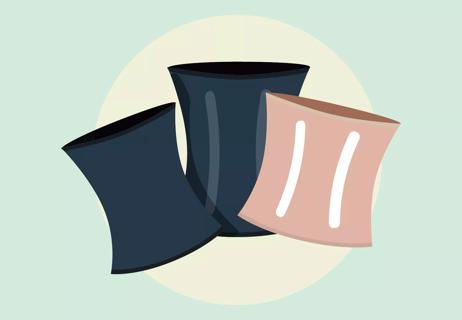
Wearing this undergarment for too long will do more harm than good
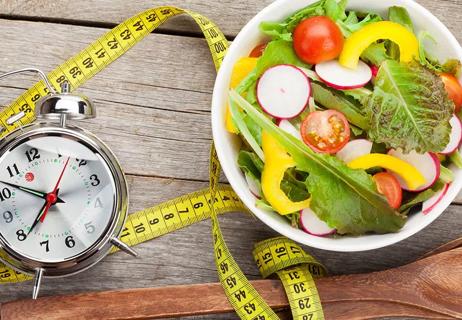
Quick weight loss is possible, but it’s not sustainable

You can lose 15% of your body weight, plus lower your heart disease and diabetes risks
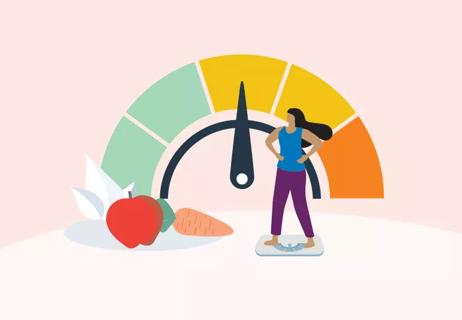
A safe and effective surgery that shouldn’t be considered only as a last resort
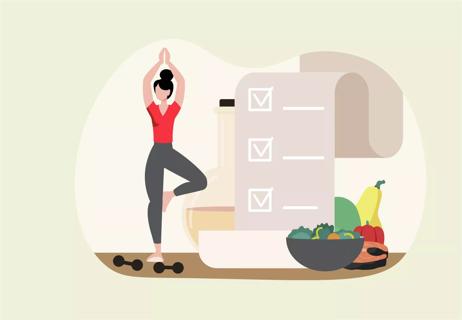
Focus on physical activity and foods that pack a nutritional punch to help you lose weight
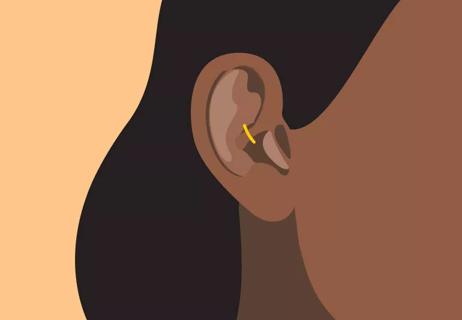
Skip this unproven, unsafe and unregulated weight-loss practice

Type 2 diabetes isn’t inevitable with these dietary changes

Applying a hot or cold compress can help with pain